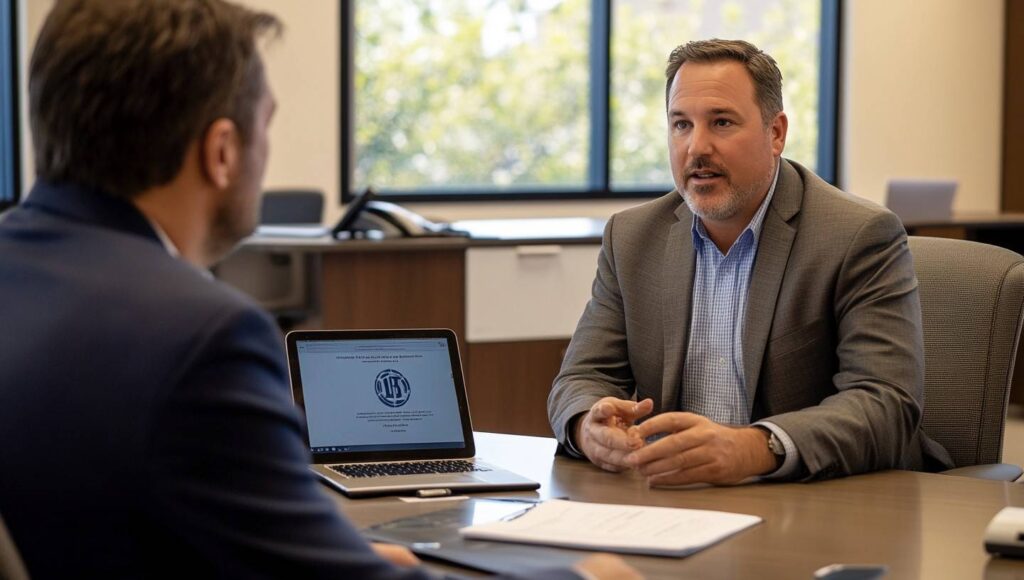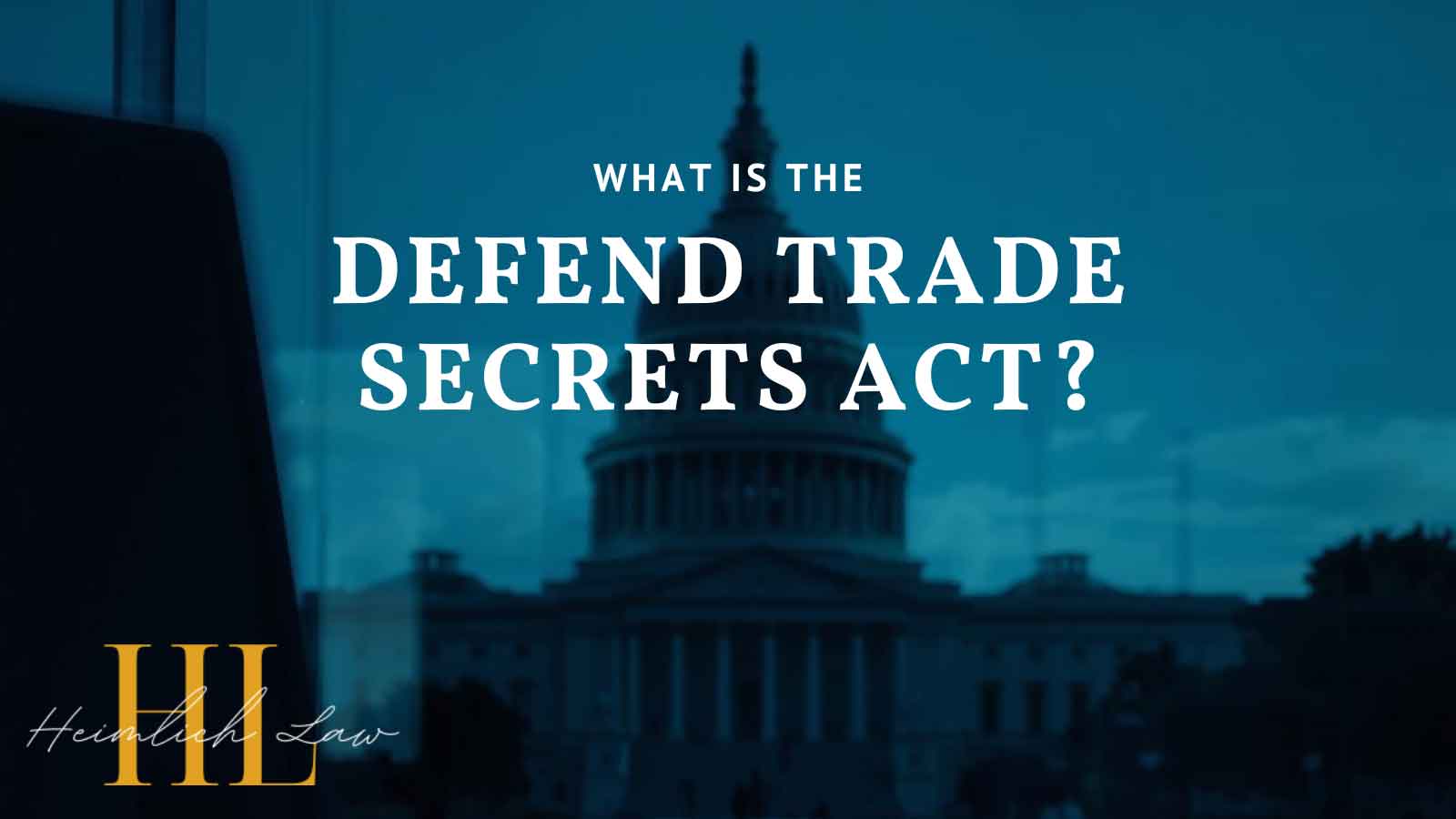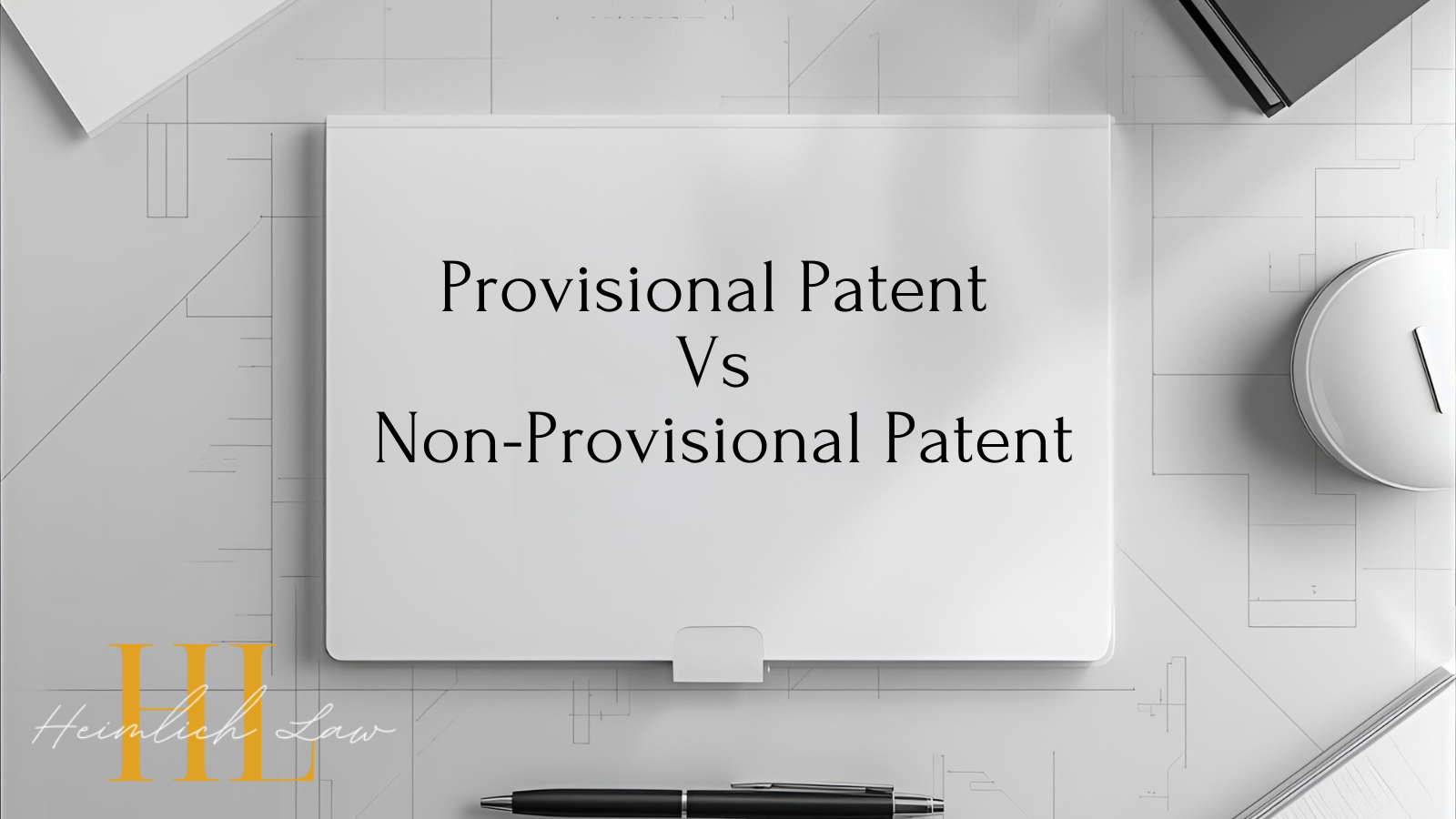Your ideas and creations set your business apart, but they risk being copied or misused. Intellectual property is the legal shield that protects those unique elements, ensuring your business retains its edge.
However, when others use your protected work without permission, it leads to intellectual property infringement. It’s a challenge that can harm your reputation and profits. Understanding this concept is key to keeping your business secure and thriving.
What Is Intellectual Property Infringement?
Intellectual property infringement occurs when someone uses or exploits a protected creation without proper authorization, violating intellectual property law. This could involve reproducing patented technology, distributing counterfeit goods, or misusing copyrighted material.
Intellectual property law is designed to protect innovators and businesses, giving them exclusive rights to their creations and ensuring fair use. You can protect your rights and effectively act against infringement by staying informed.
The Types of Intellectual Property Infringement
When it comes to protecting your business, understanding intellectual property infringement is crucial. From your most innovative ideas to your brand identity, intellectual properties are the cornerstones of your success.
A single violation can jeopardize your competitive edge and financial stability. Let’s break down the types of infringement so you’re better equipped to recognize and address these threats.
Patent Infringement
Patent infringement occurs when someone uses, sells, or produces an invention without the patent holder’s permission. Patents protect new and useful inventions, ranging from machinery and processes to innovative designs.
For example, if a competitor replicates a patented manufacturing process without authorization, they are infringing on your intellectual property. Addressing patent infringement often involves litigation or licensing agreements to enforce your exclusive rights.
Copyright Infringement
Copyright infringement happens when protected creative works are reproduced, distributed, or displayed without the creator’s consent. This includes books, music, software, and visual art.
An example might be a company using copyrighted images for their advertisements without obtaining a license. To combat copyright infringement, businesses can issue takedown notices, seek compensation, or file lawsuits, depending on the severity of the violation.
Trademark Infringement
Trademark infringement arises when someone uses a name, logo, or slogan confusingly similar to a registered trademark. Trademarks are critical in distinguishing brands and maintaining customer trust.
For instance, a rival business might use a logo that closely resembles yours, misleading consumers into believing they’re affiliated with your brand. Legal actions, such as cease-and-desist letters or lawsuits, are common responses to protect your brand identity.
Trade Secrets
Trade secret infringement involves the unauthorized acquisition, disclosure, or use of confidential business information that provides a competitive advantage. Examples include proprietary formulas, customer lists, and internal strategies.
If an employee leaks confidential data to a competitor, it could result in severe financial losses and damage to your reputation. To safeguard trade secrets, businesses rely on non-disclosure agreements (NDAs), secure data storage, and legal enforcement when breaches occur.
Common Examples of Intellectual Property Violations
Intellectual property violations take many forms, often with serious consequences for businesses and creators. These violations can lead to legal disputes, financial losses, and a tarnished reputation. Below are some notable examples, showing how intellectual property misuse occurs and its potential impact.
- Disclosure of Trade Secrets: Revealing confidential business information without authorization is a significant breach of intellectual property rights. For example, an employee might disclose proprietary formulas, customer lists, or strategies to a competitor, giving them an unfair advantage. Businesses can prevent such risks by implementing strict confidentiality agreements and securing sensitive information.
- Importation of Infringing Products: Bringing counterfeit or unauthorized products into the market can violate patents, copyrights, or trademarks. For instance, importing knockoff goods or items that replicate patented designs often leads to legal actions, product seizures, and reputational harm. Businesses must verify compliance with intellectual property laws when sourcing and importing products.
- Inadequate Trademark Search: Skipping a comprehensive trademark search before launching a brand can result in unintentional infringement. A company may unknowingly adopt a name or logo already trademarked, facing lawsuits and expensive rebranding efforts. Conducting proper research upfront is crucial to building a protected and unique identity.
- Infringement on Websites and Social Media Sites: The digital space is rife with intellectual property violations, such as using copyrighted images, videos, or music without permission. For instance, a business that posts unlicensed photos on its social media pages risks takedown requests or legal penalties. Ensuring digital content complies with copyright regulations is essential to avoid such challenges.
How Heimlich Law PC Can Help Prevent IP Infringement
Safeguarding intellectual property is a critical aspect of running a successful business. Without proper protection, your innovations and creative works are vulnerable to unauthorized use, which can result in financial losses and legal complications. Heimlich Law PC offers comprehensive support to help businesses secure their intellectual property and prevent infringement. Here’s how an intellectual property lawyer can help:
1. Reliable Assistance
Heimlich Law PC provides dependable support for businesses navigating the complexities of intellectual property protection. Their team ensures your patents, trademarks, copyrights, and trade secrets are properly documented and enforced, minimizing the risk of violations. This proactive approach helps you maintain a competitive edge in your industry.
2. Professional Advice
Understanding your intellectual property rights is essential to effectively prevent and address infringement. Heimlich Law PC offers guidance to clarify these rights and identify areas of vulnerability. With their insights, you can make informed decisions about protecting your assets, licensing agreements, and legal recourse against violators.
3. Prevent Consequences
The legal and financial repercussions of intellectual property infringement can be severe. Heimlich Law PC works diligently to help you avoid these outcomes by implementing preventive measures and addressing potential risks.
- Criminal Penalties: Avoid facing serious charges due to mishandling or violating IP rights.
- Destruction of Infringing Goods: Protect your brand by ensuring counterfeit or infringing products are removed from circulation.
- Injunctions: Prevent unauthorized use of your intellectual property through court-ordered actions.
- Financial Damages: Safeguard your business from costly lawsuits by securing your intellectual assets effectively.
Partner with Heimlich Law PC end ensure your business is well-equipped to handle intellectual property challenges, keeping your innovations and creative works protected.






